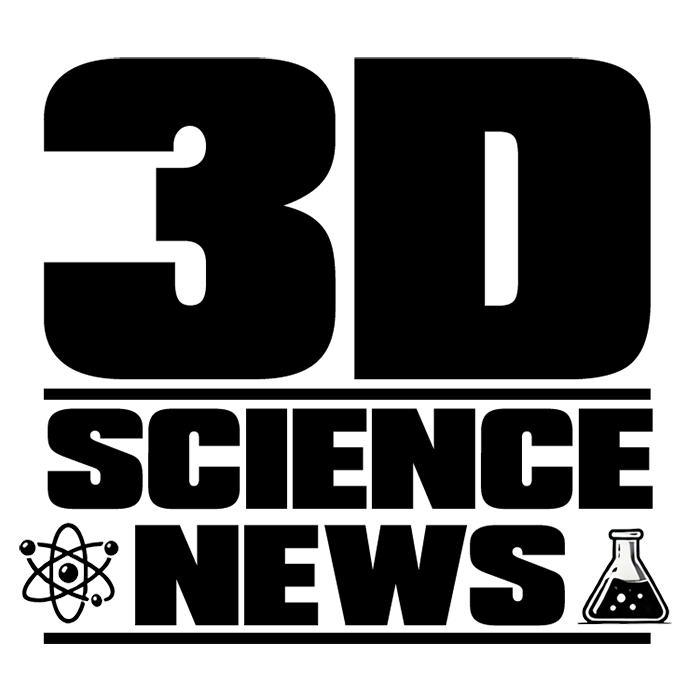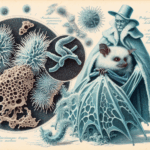“Where is everybody?”
Not the opening line of a rom-com, but a physics mic drop from Enrico Fermi in 1950. One minute he was discussing UFOs over lunch; the next, he was casually rewriting the existential dread of an entire species.
If aliens exist, they should be everywhere. Billions of stars. Trillions of planets. Enough cosmic real estate to build ten Kardashians’ worth of empires. And yet, radio silence.
Fermi’s question became more than just a party trick for depressed astrophysicists. It morphed into what we now call the Fermi Paradox. In short: If space is Motel 6 with the lights on, why are we the only guests?
Enter economist Robin Hanson, who added a delightful twist: the Great Filter. Think of it as nature’s galactic doorman who slams the entrance shut just as civilizations reach for the stars. If the Filter’s behind us—great, we passed. If it’s ahead—start panic-buying canned beans.
The logic is elegant in its horror. Somewhere between “life begins” and “aliens build Dyson spheres,” something usually goes catastrophically wrong. A step so improbable, so brutal, that nearly everyone fails.
It could be a single evolutionary bottleneck. Or a gauntlet of biological booby traps and self-inflicted extinction events. Either way, the odds aren’t in anyone’s favor.
So let’s walk through the nightmare, shall we?
Step one: find a planet that isn’t a lava hellscape. Check. These seem abundant. Exoplanets are out there, cozying up to their stars with all the right ingredients—carbon, water, wi-fi potential.
Step two: life has to spark. Turns out Earth didn’t waste time; microbes showed up faster than unpaid interns at a biotech startup. That suggests abiogenesis might not be *that* hard.
But then comes the slog. It took billions of years for single-celled organisms to upgrade to something with a brain. And once they did, they still had to invent fire, agriculture, TikTok, and spaceflight—all before their sun roasted them alive.
Earth barely made it. Our planet’s habitable window is closing fast. In a few hundred million years, our oceans will evaporate. And then it’s game over. So, intelligence within a narrow cosmic window? Maybe that’s the Filter.
Unless the real Filter is still sharpening its scythe.
Spacefaring tech requires monumental power. And the same tools that launch satellites can also make mushroom clouds. Nuclear weapons, climate change, AI run amok—it’s like humanity is trapped in a Final Destination movie with better CGI.
The more we expand, the safer we become. Colonies on Mars, Europa, or even Oort Cloud condos could ensure our species survives localized disasters. The trick is getting there before we accidentally delete ourselves.
Another possibility? Maybe aliens exist but are shockingly introverted. Perhaps galactic civilizations eventually realize that broadcasting their location to the cosmic void is a terrible idea. Maybe we’re one of the few dumb enough to leave the porch light on.
Or it’s all just too hard. Interstellar travel might be the astrophysical equivalent of swimming the Pacific with a spoon. Light speed is a cruel mistress, and physics doesn’t negotiate.
Sure, a Type II civilization could be out there, hiding in plain sight. But we may lack the cosmic binoculars to see them. It’s not that they’re invisible. We’re just technologically nearsighted.
One way or another, the silence is telling. Maybe the Filter is real. Maybe we’re early. Or maybe we’re just shouting into an abyss that doesn’t care to answer.
Did You Know?
- Some scientists seriously consider the idea that advanced civilizations self-destruct within 300 years of developing radio technology. Humanity’s clock started ticking in 1895.
- There’s a theory called “Cosmic Zoo” suggesting aliens intentionally avoid us because we’re too primitive—essentially interstellar toddlers eating glue.
- In 1977, Earth sent a golden record into space with greetings and music. It also included a map to our location. Carl Sagan thought it was poetic. Stephen Hawking thought it was suicidal.





